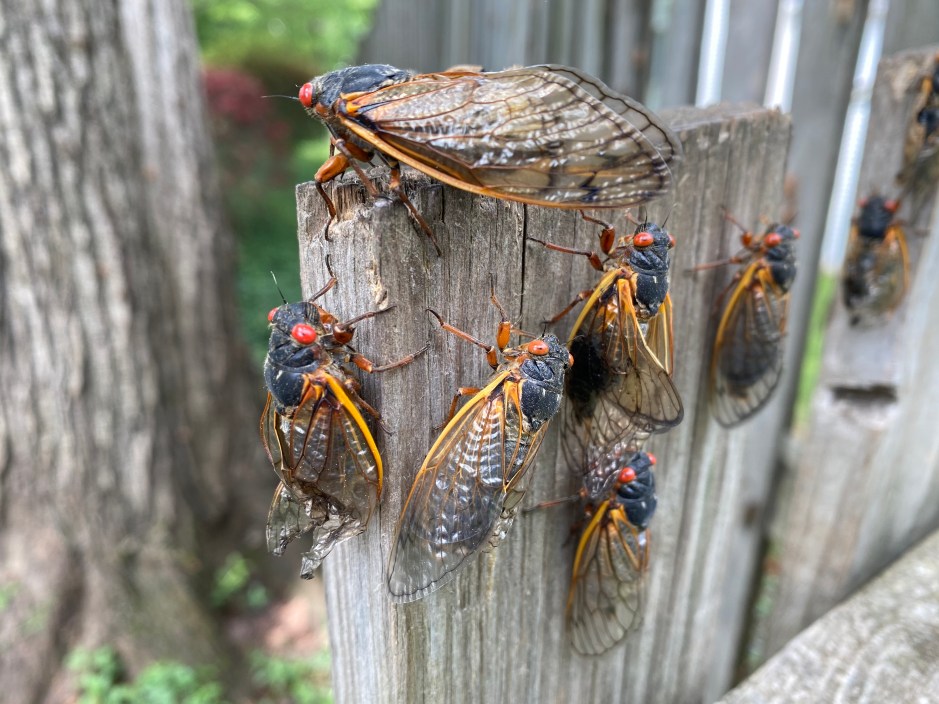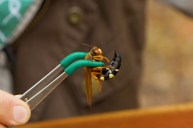Springtime is full of growth and promise, from beautiful flower blooms to bass-spawning season to new camping adventures. But this spring brings to life something a little more harrowing: Two large cicada broods are set to emerge from hibernation at once, bringing the possibility of billions of those noisy insects filling the air at once.
Now, you may be thinking, don't cicadas emerge every year? The short answer is yes, but their timing and quantity can vary tremendously. Some species of cicadas come out of the ground each year before returning to hibernation. The longer ground dwellers are the 13-year and 17-year cicadas, which spend their subterranean time eating sugar out of tree roots before seeing the light of day for a couple of weeks, where they sing, mate, then die, only for their children to repeat the long cycle all over again.
Every five to six years, those multi-year cycles converge, with broods from several types coming out of the ground at the same time. This year, broods XIX, 13-year cicadas, and brood XIII, a 17-year type, will be making their appearances all at once—something that hasn't happened in this combination since 1803, according to Floyd Shockley, an entomologist and collection manager for the National Museums of Natural History's Department of Entomology.
Brood XIX, also called the Great Southern Brood, will appear from late April until early May across 15 states, including Virginia, South Carolina, Oklahoma, Alabama, Arkansas, Georgia, Indiana, Kentucky, Louisiana, Missouri, Mississippi, and North Carolina. Brood XIII, the Northern Illinois Brood, should emerge from mid-May to the first week of June in Indiana, Wisconsin, Iowa, Michigan, and Illinois.
According to the University of Connecticut, when brood XIX and XIII emerge, the number of cicadas could be in the trillions. That said, the overlap in their time frames is a week at most, and it's most likely that both sets will only co-dwell in Illinois, specifically the Springfield area, according to researchers. So while cicadas are not known for their subtlety, this emergence will likely be subtle in nature.
"Because the broods do not overlap to any significant extent, the 2024 co-emergence of Brood XIII and XIX will not involve areas of extreme or 'double' densities outside the norm of what happens in any other periodical cicada emergence year," the UConn researchers stated.
READ MORE: Want Fewer Mosquitoes Around? Hang a Bat House




